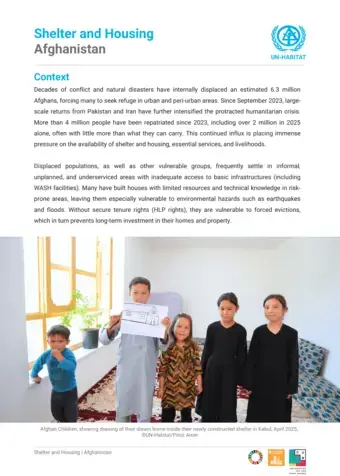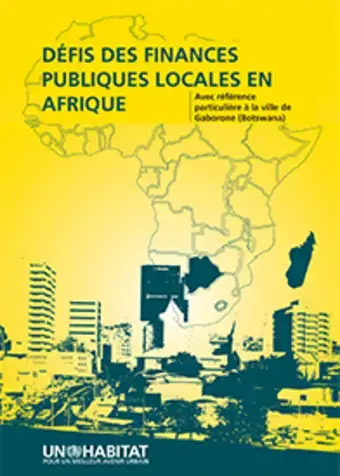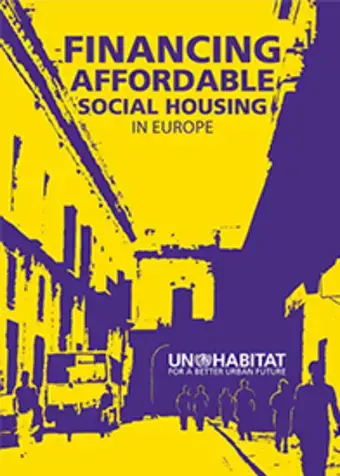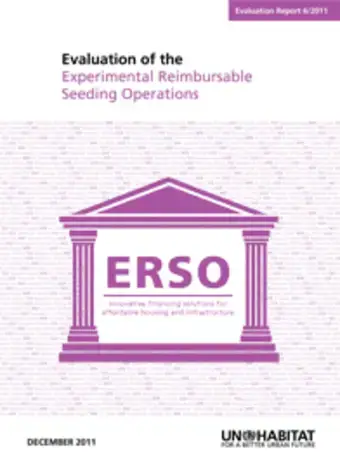In this lecture Marja Hoek Smit argues that housing finance is critical to solve the housing problem, increasing, as it does, the number of households that can afford to acquire a house in the formal market, which in turn will make large scale development of middle and lower middle income housing possible.
Too Pressed To Wait - Jane Weru, Executive Director Akiba Mashinani Trust
Jane Weru, Executive Director of Akiba Mashinani Trust, in her lecture “Too Pressed To Wait” discusses the water and sanitation hygiene systems in informal settlements in Nairobi, and how they are causing a strain on both the physical and psychological health of people who live and work in these settlements, in particular women and girls.
UN-Habitat trains managers from Asia-Pacific on housing policy and practice
Seoul, 24 March 2015—UN-Habitat in partnership with the International Urban Training Center (IUTC) and the Provincial Government of Gangwon, Republic of Korea, recently organized a training programme for senior managers and decision makers from 11 Asia-Pacific countries focusing on ‘Housing Policy & Practice for Sustainable Urban Development’.
Urban Informality - Marginal or Mainstream? - Janice Perlman, The Megacities Project
In this lecture, Janice Perlman discusses urban informality against the background of 40 years of research in the favelas of Rio de Janeiro. The lecture lays particular emphasis on how the changes over this timespan have affected the lives of the people in the favelas. She concludes by introducing the Mega-Cities project strategy to 'shorten the lag time between ideas and implementation' in urban problem solving.
Incremental Housing – The new site & services - Reinhard Goethert, Massachusetts Institute of Technology
Informal builders provide the bulk of affordable housing and define large areas of our cities. Originally created for those long considered as poor and unable to house themselves, over time the resultant informal housing generally matches higher income standards. This incremental process has been adopted by governments into programmes called 'site and services', focusing on housing and land development, and embracing process as the key. A methodology to capture this process has been developed which offers a base for developing effective policies in supporting the incremental builders.



